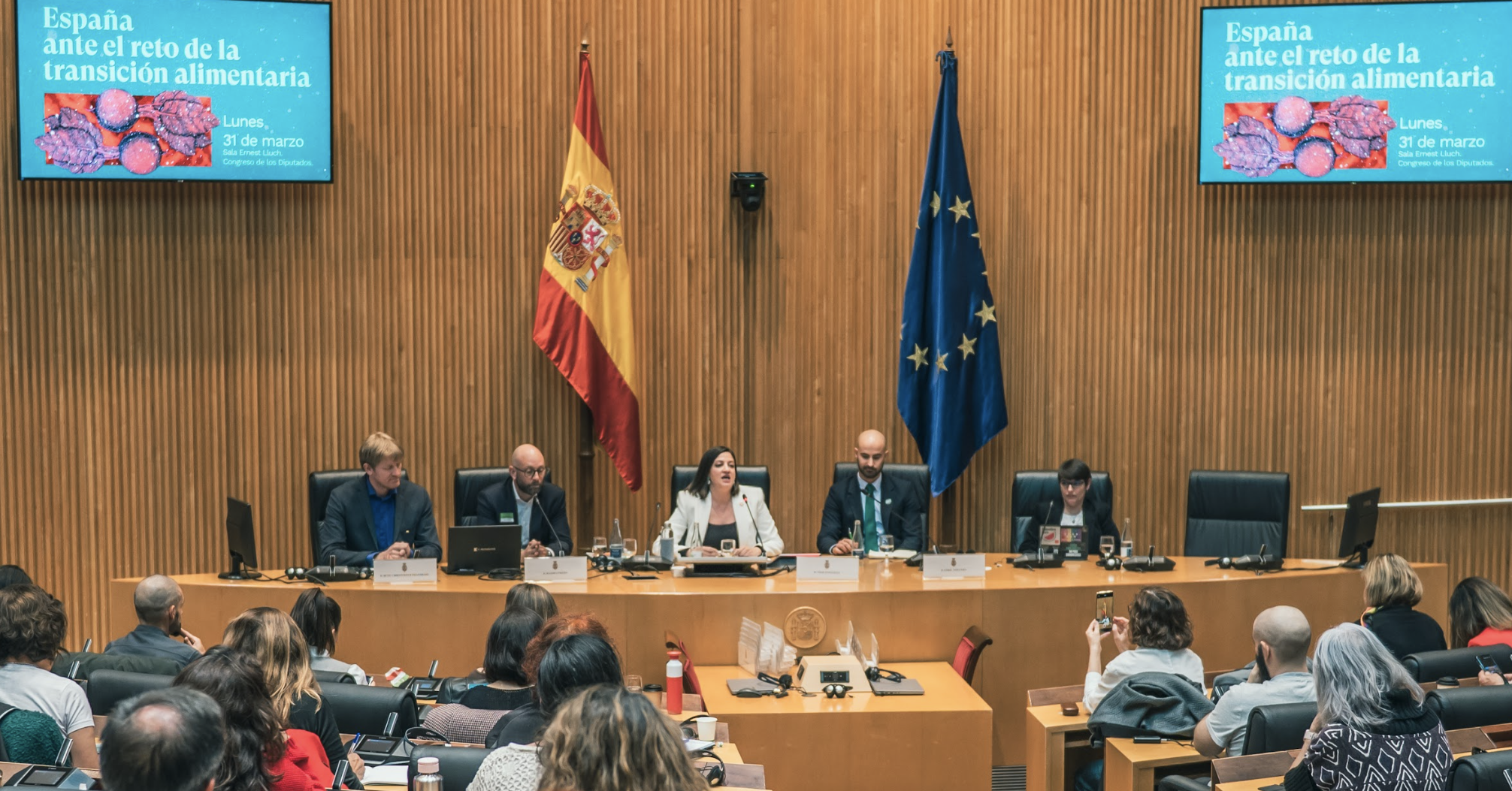Help transform billions of lives. Including yours.
Compassion in World Farming International is a leading global farm animal welfare organisation campaigning to bring an end to factory farming and to implement the highest animal welfare standards in Europe and beyond. We lead a growing worldwide movement of people concerned about how industrial agriculture mistreats animals, wastes precious resources and utterly fails to meet the needs of the planet’s inhabitants.
About us
With headquarters in the UK and offices in France, Italy, the Netherlands, Poland, Belgium and the USA, we are the leading animal environmental organisation working towards a nature positive, compassionate and free of animal cruelty world. Our campaigns focus on fixing the broken food system, ending factory farming, and delivering a world that is nature positive for animals, people and planet. Our supporters and partners throughout the world help us deliver on our mission.
LINK TO APPLY
Location: HQ - Godalming, UK (Hybrid flexible working available, with at least 2 days in the office per week)
Job Type: Full-time; Permanent
Salary: Up to £73,000 per annum (Depending on Skills, Experience and Location)
About the role
We are looking for a dynamic and experienced Deputy Director, International Campaigns, Policy and Advocacy to join our senior leadership team and support the Global Director in delivering impactful global campaigns, media strategies, and policy advocacy. In this role, you will support the Global Director in delivering impactful global campaigns, media strategies, and policy advocacy to shape food systems and influence laws, with a focus on ending factory farming.
You will lead Compassion's global campaigns, communications, and policy efforts, driving mobilisation for animal welfare and food system transformation. Collaborating closely with regional teams, including those in the EU and US, you will ensure strategic alignment and maximise influence across key political platforms. You will manage global media strategies to amplify Compassion’s message and enhance its credibility, while fostering partnerships to drive policy change. Additionally, you will oversee the department’s budget, ensuring efficient resource allocation, and represent Compassion in international forums, engaging with media and stakeholders to advocate for change.
About you
To succeed in this role, you will need to bring significant experience in leading global campaigns, communications, and policy advocacy, ideally within animal welfare or food systems. You’ll have a strong understanding of political landscapes and a proven ability to influence policy at national, European, and international levels.
With excellent leadership skills, you will inspire and manage high-performing teams, ensuring seamless collaboration across regions to achieve impactful results. You’ll be a strong and confident communicator and be able to represent Compassion in the media and at international forums, advocating for our mission, and building strong relationships with key stakeholders.
You’ll need to be passionate about ending factory farming and committed to driving the changes needed for a more compassionate and sustainable food system. With a strategic approach, you will manage resources effectively, including budgets, to ensure campaigns are well-executed and impactful. Above all, you will be driven by the opportunity to lead and make a real difference for animals, people, and the planet.
Why Join Us?
At Compassion in World Farming, you’ll lead global campaigns and policy advocacy to end factory farming and transform food systems. You’ll work in a collaborative environment, shaping impactful campaigns and influencing policy change for animals, people, and the planet.
Join us on a collective mission to shape a compassionate future for farm animals worldwide, while experiencing a workplace that truly cares for you:
- Enjoy an enhanced annual leave of 25 days per year, along with bank holidays
- Free onsite parking at HQ
- Optional savings schemes
- Embrace a fulfilling career that prioritises your well-being, while also enjoying excellent development opportunities
- Flexible, hybrid working model
- A defined Contribution Pension Scheme
To Apply: APPLY HERE
If you are passionate about animal welfare and have the skills and experience to excel in this role, we would love to hear from you. Please submit your CV and a cover letter, outlining how you meet the Person Specification detailed in the job description. Please note that we reserve the right to commence interviews on a rolling programme, so we encourage you to submit your interest.
Interview Process:
- 1st stage Interviews via Teams
- 2nd stage Interviews in person at HQ (Godalming, Surrey)
No Agencies please.
Compassion in World Farming International is absolutely committed to providing equal opportunities for everyone regardless of their background. We value diversity and experience, and acknowledge the underrepresentation of people from certain backgrounds, both within our organisation and across the sector. We welcome applications from underrepresented groups, whether these be of ethnicity, gender, identity, religion, physical ability, sexual orientation or other.
To comply with legal requirements, as part of our selection procedure we ask all potential employees to prove their eligibility to work in the UK.



